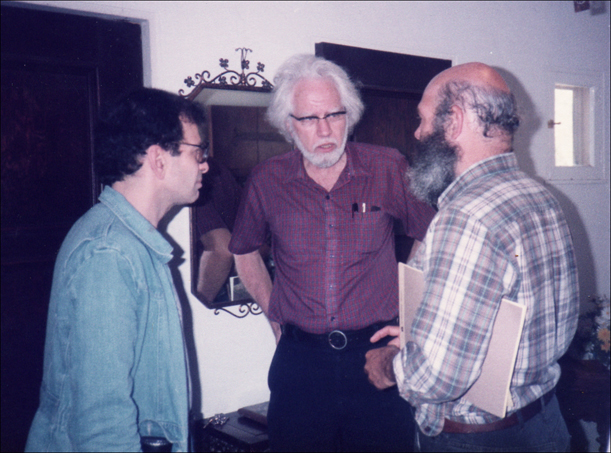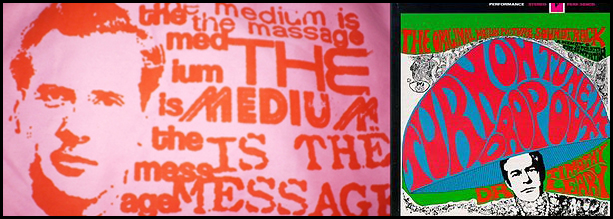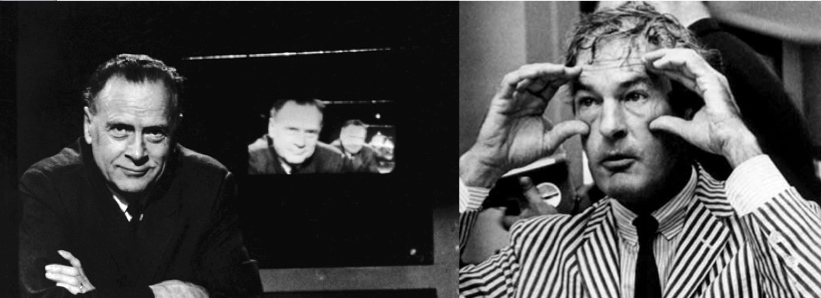I’m just trying to make sense of all this, but it looks like we’re going to need what would be effectively a chillingeffects.org site that keeps track of the pages no longer being indexed by Google.
Here’s one article about it. I will be posting many more over the course of the day…
Europe’s journalism disappearing down Google’s court-ordered memory hole
By Nick Miller for the Sidney Morning Herald
From the article:
The page in question was a 2007 blog entry about investment bank Merrill Lynch as the subprime mortgage crisis hit the company. It mentioned departing chairman Stan O’Neal, suggesting that he was taking the blame for a wider problem of reckless investments.
The page had been taken down, not from the internet, but from some of Google’s European search results – it had been wiped from the map, rather than destroyed.
But – as Preston put it – “why has Google killed this example of my journalism?”
It was the indirect result of a recent decision of the European Court of Justice in Luxembourg.
Spaniard Mario Costeja Gonzalez had brought a case against Google Spain, because whenever his name was Googled it came up with an old newspaper auction notice of his repossessed home, over the recovery of unpaid social security debts.
In May the court ruled that a new EU directive aimed at protecting a ”right to be forgotten” meant that search engines must erase, on request, search results that are “inadequate, irrelevant or no longer relevant”.
Since the decision, Google said it had received 70,000 of requests to take down links from its European search engines – at one stage, about 10,000 a day. They are now being processed.
The Guardian was the next to report it had received similar notices from Google. Six articles had been removed from search results – three relating to a retired Scottish soccer referee named Dougie McDonald, who was found to have lied about his reasons for granting a penalty in a Celtic v Dundee match, one a 2011 piece on French office workers making Post-It art, another 2002 piece on a solicitor facing a fraud trial, and an index of pieces by a media commentator.
“The Guardian has no form of appeal against parts of its journalism being made all but impossible for most of Europe’s 368 million to find,” reporter James Ball said. “The [court’s] ruling has created a stopwatch on free expression – our journalism can be found only until someone asks for it to be hidden.”
This was a huge challenge to press freedom, he said.
By now news of the deletions was trending, ironically, on Google News. Given the opportunity for a click or three the Daily Mail revealed similar censorship of Mail Online stories.
The stories concerned McDonald, and “a story about Tesco workers posting stories on social media attacking their workers; a story about a couple caught having sex on a Virgin train; and a story about a Muslim man who accused Cathay Pacific, the airline, of refusing to employ him because of his name.”
Mail Online publisher Martin Clarke said: “These examples show what a nonsense the right to be forgotten is. It is the equivalent of going into libraries and burning books you don’t like.”
Mail Online would regularly publish lists of articles deleted from Google’s European search results, Mr Clarke said.
Even the lowly Oxford Mail has been hit – a story about an archaeology specialist caught shoplifting was the paper’s first to be removed.
Marketing Land publisher Danny Sullivan pointed out that some of the articles so far deleted may have been removed on the request of a commenter underneath them, rather than the subject of the article itself.
“(Google) has foolishly decided to be the first arbiter of what gets censored under this new, ill-defined and easily abused right,” Sullivan wrote. “Far better … to kick all these requests over to the various EU privacy bodies and let them make such decisions.”
He said Google had been handling the process in a “fairly inept fashion”.
Media Law blogger Paul Bernal believes this is deliberate and that Google is trying to stir up “intentional overreaction … to prove that the ruling is unworkable”.
Google fought hard against the right to be forgotten.





